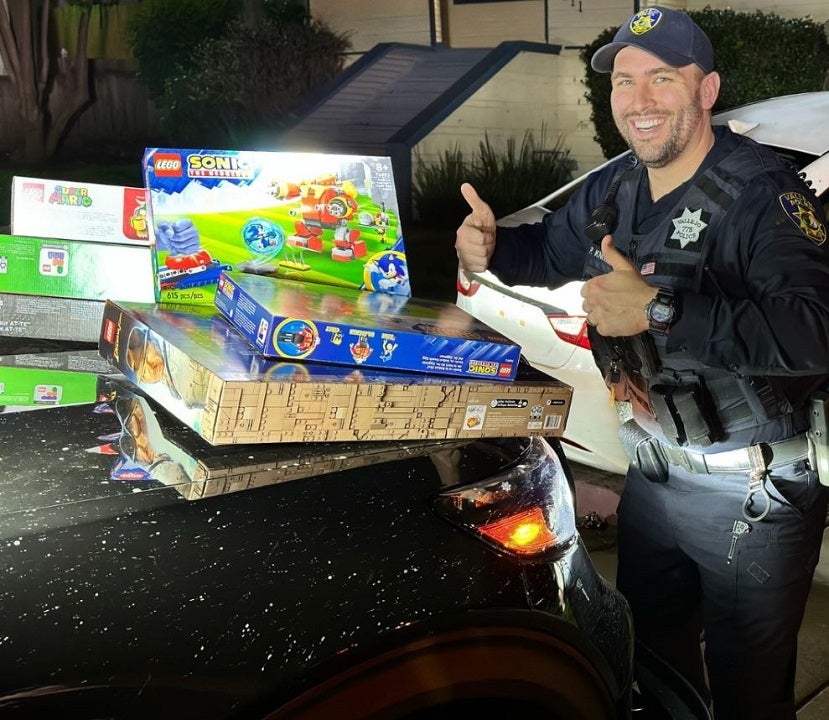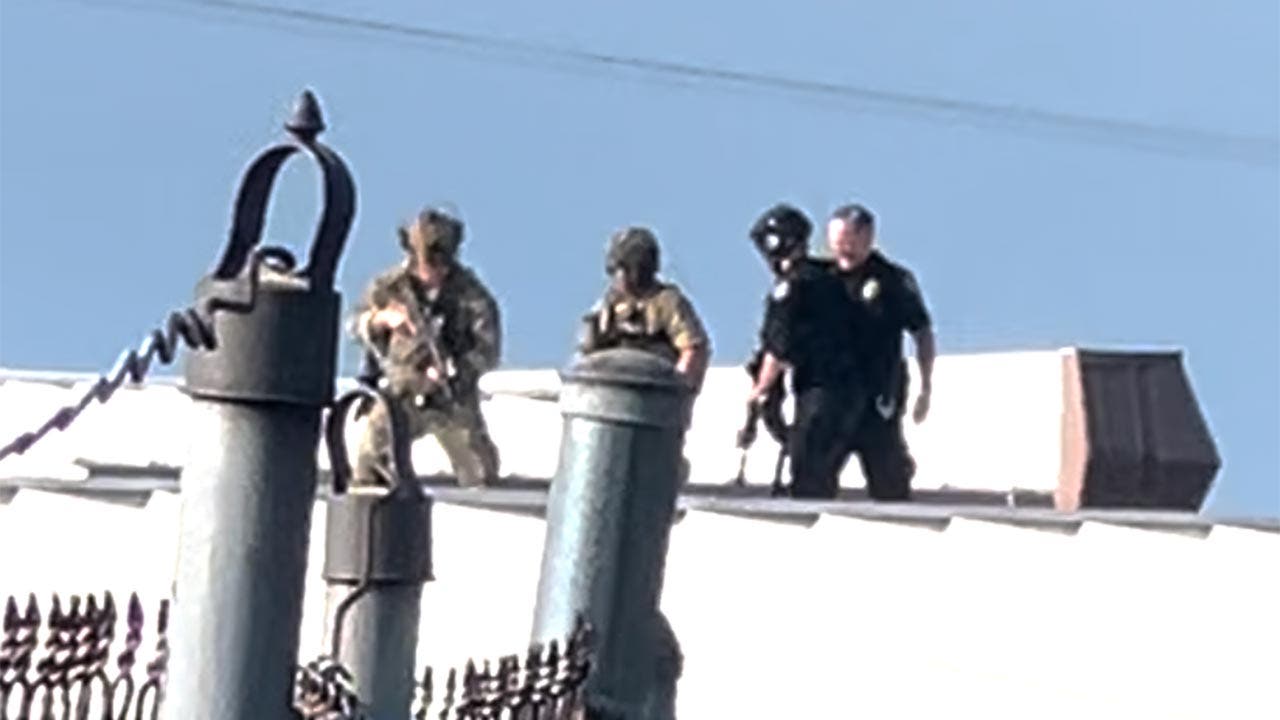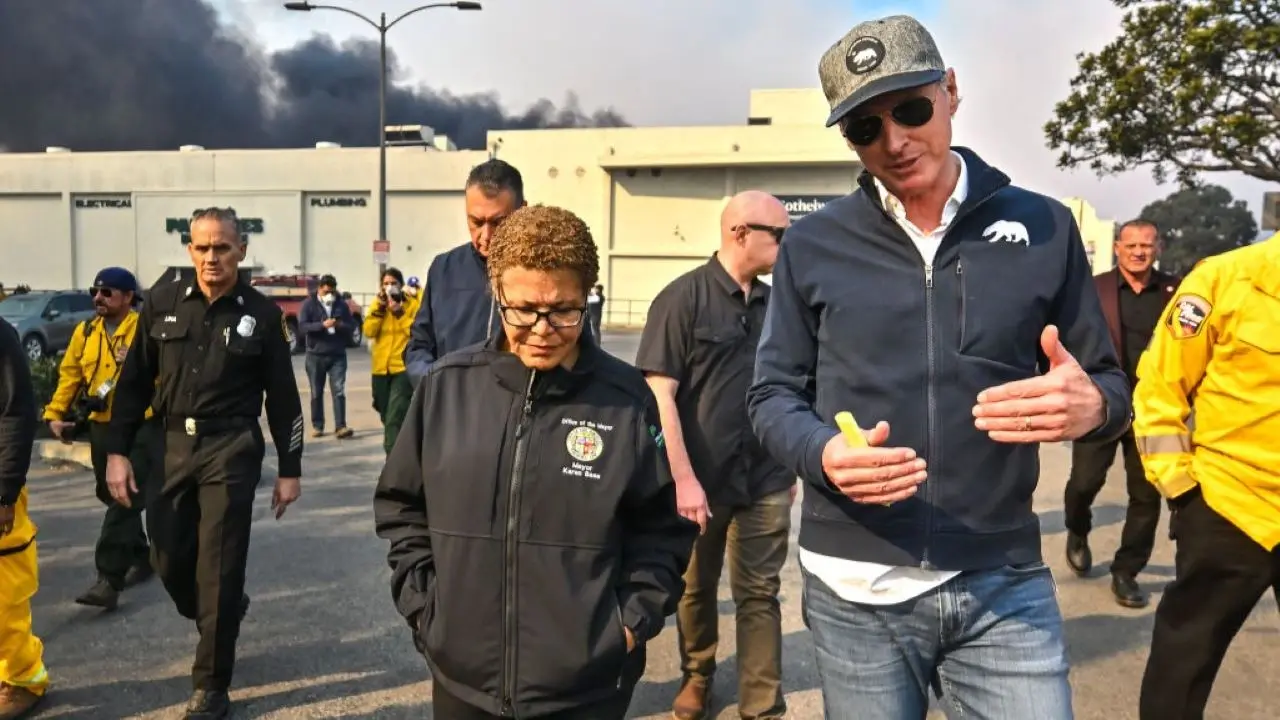More than two decades ago, Wayne Jones traveled to Daytona Beach, then Florida’s spring break mecca, not to party but to study.
His bosses at the Miami Beach Police Department, where he was a young officer, wanted to know how Daytona managed its famously rowdy crowds. Maybe Miami Beach, which had its own unruly scene every year over Memorial Day weekend, could learn a thing or two.
Officer Jones is now Chief Jones of the Miami Beach Police. And Memorial Day is no longer the city’s main concern: His most urgent task is bringing order to the weeks in March when Miami Beach gets inundated with spring breakers, a monthlong slog that has become a thorn in the city’s side. Last year, the police made more than 500 arrests and confiscated more than 100 guns over the spring break period.
But Chief Jones has high expectations.
“This is going to be the best spring break ever,” he said in a recent interview at his South Beach office. “I can feel it in my bones.”
It was a bold declaration in a city where fretting over spring break has become a year-round affair, with each new wave of politicians and administrators vowing to be the ones who finally get the season under control.
That would mean avoiding shootings like the ones that killed two people over a single weekend last year. But how far to go to secure the city as huge numbers of visitors arrive there in March has long been a matter of debate, with some tactics drawing charges of racism and lawsuits over civil rights and over-policing.
Some 25 years ago, Miami Beach became a destination for young Black visitors over the Memorial Day weekend, as clubs held hip-hop events that collectively became known as Urban Beach Week. After several violent incidents over the years, including some involving an excessive use of force by the police, the city in 2017 brought in a more family-friendly annual March event, the Hyundai Air & Sea Show. That shifted some Black tourism to spring break.
Since the beginning of the coronavirus pandemic, unwieldy crowds have flocked to the city for spring break. Miami Beach imposed emergency midnight curfews in 2023 and 2022, and an especially contentious 8 p.m. curfew in 2021.
A new mayor and commission elected to nonpartisan seats in November, after a campaign cycle dominated by public safety issues, took a more aggressive tack. Miami Beach is breaking up with spring break, the city announced in a social media ad this week: “This isn’t working anymore,” it begins. “And it’s not us. It’s you.”
“Our idea of a good time is relaxing on the beach, hitting up the spa or checking out a new restaurant,” people say in the ad from various spots in Miami Beach. “You just want to get drunk in public and ignore laws.”
This weekend and next — typically the peak times for crowds — Miami Beach visitors should prepare for extraordinary measures, including D.U.I. checkpoints, bag checks at beach entrances and potential curfews. Beach access will be restricted after 6 p.m., with no one allowed on after 10 p.m. Sidewalk tables and chairs will be banned from the many cafes along Ocean Drive.
Public parking garages on South Beach will be closed except for residents and permit holders. A garage on 42nd Street, north of the spring break hubbub, will charge a flat rate of $100. (Not a typo.)
“We’ve had enough,” Mayor Steven Meiner said at a news conference unveiling the city’s campaign.
In a change for liberal Miami Beach, whose past mayors have been outspoken critics of state leaders, Mr. Meiner, who leans more conservative than his predecessors, has sought support from Gov. Ron DeSantis, a Republican. Mr. DeSantis traveled to Miami Beach on Tuesday and, flanked by law enforcement officers, pledged to send state troopers to assist with the crackdown.
“We welcome people to come and have a good time,” Mr. DeSantis said. “What we don’t welcome is criminal activity. What we don’t welcome is mayhem.”
Mr. DeSantis said 140 troopers will be deployed across the state to help keep spring break season peaceful, including to Fort Lauderdale, Daytona Beach and Panama City Beach. Forty-five of them will help direct traffic, fly drones and use license plate readers on causeways in Miami Beach.
Many of the troublemakers in past years have been residents of Miami-Dade, Broward and Palm Beach counties who tend to drive onto the barrier island at night, Chief Jones said.
Keon Hardemon, a Miami-Dade County commissioner, said that Miami Beach is “doing it wrong” by imposing heavy-handed rules on events, such as a music festival with ticketed entry.
“What you’re telling people is, ‘You’re not welcome here,’ and that’s the antithesis to a community that’s built on tourism,” he said.
“The people who are coming during this time happen to be people who look like me,” added Mr. Hardemon, who is Black. He said that he would be equally upset if he felt other subsets of visitors were being targeted.
“To single out this sort of crowd during these times and say you’re welcoming them but putting these sort of heavy-handed measures in place,” he said, “I think it’s disingenuous.”
Joshua Wallack, the chief operating officer of Mango’s Tropical Cafe on Ocean Drive, said he was glad to see the city try something new, though he expects businesses to suffer. He was grateful that cars would still be allowed on Ocean Drive, since past closures had led to chaotic street parties.
“Stop turning the whole place into a schoolyard full of children that, at 3 o’clock in the morning, get into fistfights because they’re drunk and high,” he said.
Marilyn Freundlich, who lives in the Sunset Harbour neighborhood of South Beach, somewhat removed from the partying, called closing the garages “a great idea.”
“The last few years, it has become a chaos, a free-for-all,” she said.
In a divided vote last month, Miami Beach commissioners repealed a 2015 ordinance that gave police officers the discretion to issue civil citations for possession of up to 20 grams of marijuana instead of arresting people for it; Chief Jones said officers had rarely used the citation option. Commissioner Tanya K. Bhatt was one of several votes against the repeal, citing concerns about racial disparities.
“Statistically, Black and brown people get arrested and go to jail for weed, and white people with more money and more access to lawyers” do not, she said. None of the city’s commissioners are Black.
Chief Jones, the city’s first Black police chief, who began his career as a bicycle cop, said his officers “police conduct — bad behavior — not race or color.” He said he may even hop on a bike and do a little patrolling himself.
“I’m hypersensitive, being a Black man, to race and policing,” he said. “Arrest, for us, is not the first option.”
How does he think this year’s big law enforcement display will go over?
“It’s not a concern as long as people are safe,” Chief Jones said. “As long as we have no shootings, as long as we have no homicides, I think we’re OK. I’m OK being told, ‘You’re over-policing it.”
“If no one gets hurt and nobody dies,” he added, “that is a win.”
Kitty Bennett contributed research.






